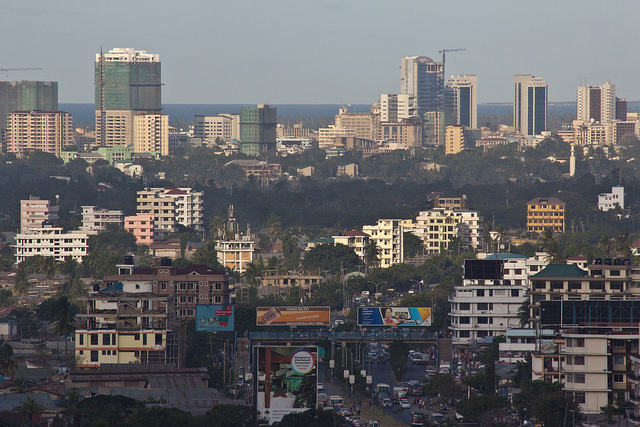Another day, another lunch seminar. This time, though, with scientists! They presented a project called “RurbanAfrica“. The research questions included the following: Will agricultural modernization stimulate rural income generation? Is rural-urban migration a major development challenge? What is the relationship between rural-city connections and poverty dynamics?

They have only just started their project, and thus presented their literature review and some preliminary research. I loved their approach, though – because they want to make it as relevant to policy-making as possible, they gathered information about the current policy framework and goals before starting their data collection, and thus included many stakeholders’ voices about the policy challenges today into their research questions. Thus, they held country policy dialogues in the four countries the project is carried out: Cameroon, Rwanda, Tanzania and Ghana.
These stakeholder voices were, in my opinion, the most interesting. Despite the huge differences between countries – concerning size, government system, agricultural system etc., there were points that were raised time and time again. These included:
- Land is a huge issue everywhere. The fact that there is very little data on land ownership, use and availability, as well as poor communication between ministries, but also between governments and the private sector, leads to great amounts of double-counting. In Tanzania and Rwanda, participants in the workshops estimated that the land allocated to different projects is much more than actually available. Furthermore, the proportion of fertile and agriculturally productive land is frequently overestimated, while the effects of environmental change on land degradation is underestimated.
- Agricultural modernization is still the preferred policy avenue for law-makers, since they see the agricultural sector as their main workhorse for exports and development. However, as this modernization often entails mechanization and land use consolidation, it has negative impacts on lower income rural groups and job availability. This is frequently ignored by policy-makers.
- The positive of urbanization: Denser settlements offer opportunities for efficient resource use. Generally, extending services like water, electricity or sewage systems is much more cost-efficient if you can reach heaps of people. However, a lack of coordination between municipalities, the private sector and other actors means that these benefits cannot be reaped. Instead, urban expansion typically precedes planning, and access to services in low-income areas (in particular sewage systems) can be poorer than in rural areas. There is a clear need for inter-sectoral and spatial coordination.
It’s interesting to hear these facts coming from a scientific approach, rather than anecdotal evidence. And as the project continues, I’m sure they will make even more focused policy recommendations – what are, for instance, best practices to improve coordination between ministries? How can one set up cross-cutting working groups that actually work?
If you would like more information on the project, check out their website and their policy briefs (nr. 1 and nr. 2!)